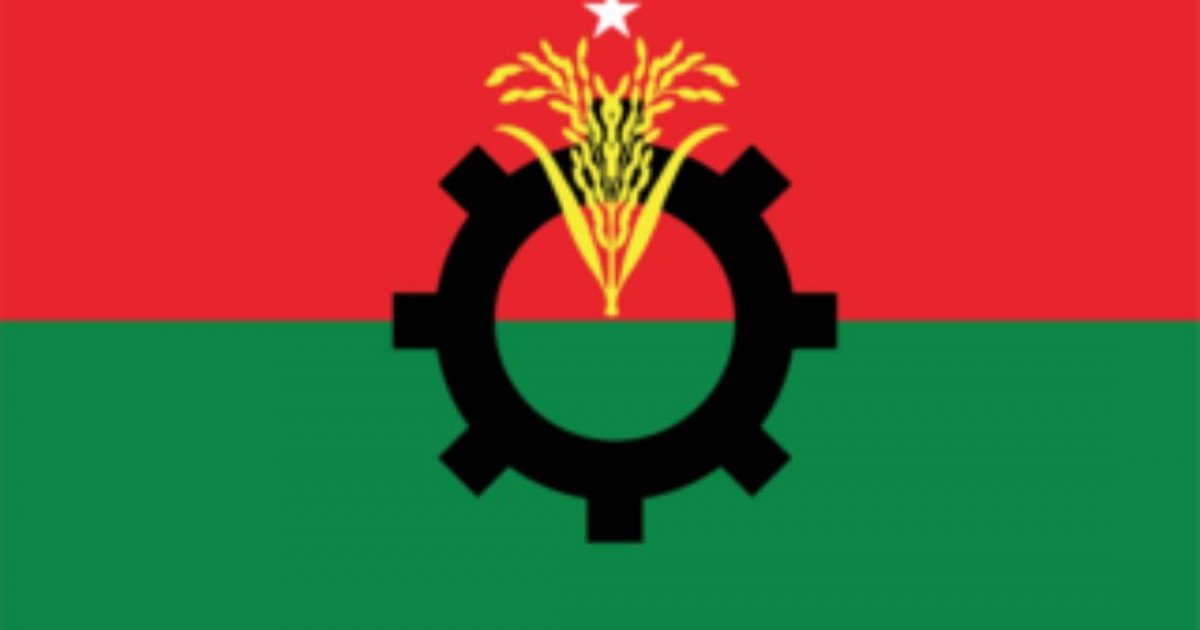In the wake of Bangladesh’s post-uprising political transition, the Bangladesh Nationalist Party (BNP) is pursuing a strategy of diplomatic balance, aiming to reshape the country’s external relations to better serve its long-term national interests.
Party policymakers believe this is a timely opportunity to redefine Bangladesh’s position in global affairs and ensure that diplomacy aligns with the nation’s priorities.
BNP has recently intensified its engagement with the United States, the European Union, the United Kingdom, and other Western democratic nations. Alongside strengthening ties with the West, the party has also focused on rebuilding relations with regional powers such as China and India. Historically, BNP has maintained close ties with China and Middle Eastern nations.
However, given the current geopolitical realities, the party is now seeking to restore a balanced diplomatic relationship with India and other neighboring countries.
Top BNP leaders emphasize that national interest will always be their highest priority in establishing foreign relations. They have made it clear that any international engagement must safeguard Bangladesh’s sovereignty and serve its long-term interests.
BNP’s acting chairman Tarique Rahman echoed this principle during an interview with the BBC, saying, “BNP’s foreign policy principle is simple — Bangladesh comes first. Our people, our nation, and our sovereignty come before everything else. We will engage with the world, keeping those interests intact.”
According to party leaders, BNP aims to leverage Bangladesh’s strategic geopolitical location by adopting a multidimensional foreign policy that avoids dependence on any single power. Their broader goal is to maintain political stability at home while presenting BNP as a democratic and responsible political force to the international community.
In recent months, BNP’s senior leaders have held regular meetings with foreign ambassadors, high commissioners, and representatives of international organizations based in Dhaka. During these meetings, they have outlined the country’s political landscape, public aspirations, and the party’s electoral roadmap.
BNP delegations have also traveled abroad, holding a series of bilateral meetings with political leaders from various countries to discuss potential political, economic, and diplomatic cooperation.
During the UN General Assembly session in September, BNP Secretary General Mirza Fakhrul Islam Alamgir and Tarique Rahman’s foreign affairs adviser Humayun Kabir visited the United States as part of the chief adviser’s delegation. During their stay in New York, they held several meetings with representatives from different countries.
Party sources say these meetings primarily focused on strengthening BNP’s global relations and exploring future avenues for political and economic cooperation. The discussions also covered Bangladesh’s current political situation, the people’s expectations, and the party’s electoral plans.
Tarique Rahman has also met with several key figures in recent months, including US Chargé d’Affaires Tracey Ann Jacobson, UK Minister for Asia and the Middle East Catherine West, former British Conservative Party official Raj Campsell, British High Commissioner to Bangladesh Sarah Cook, and UN Resident Coordinator Gwyn Lewis.
Strengthening ties with China and India
Among all its diplomatic efforts, BNP has been particularly active in bolstering relations with China. The party sent three delegations to Beijing in November 2024, February 2025, and June 2025.
The first delegation was led by Vice-Chairman Dr Asaduzzaman Khan Ripon, the second by Standing Committee member Dr Abdul Moyeen Khan, and the most recent by Secretary General Mirza Fakhrul Islam Alamgir.
BNP has stated that these visits are part of its strategy to deepen party-to-party ties with the Chinese Communist Party and to build a foundation of quiet understanding ahead of potential political change in Bangladesh.
The party hopes that China will continue to support Bangladesh’s development projects under a new government and help ensure the sustainability of future economic, infrastructural, and technological cooperation.
At the same time, BNP has also been working to strengthen diplomatic ties with India, Bangladesh’s largest neighbor. Party policymakers believe that alongside advocating for a timely, participatory election, New Delhi now views BNP as a possible partner in future governance and is recalibrating its diplomatic priorities accordingly.
In recent months, there has been a noticeable thaw in the historically tense BNP-India relationship. BNP leaders now argue that rather than engaging in rivalry, Bangladesh should pursue a strategic partnership with India based on fairness and mutual respect.
Such an approach, they believe, would benefit both nations not only politically but also economically — especially in trade and investment. By ensuring transparency and equality in trade operations, BNP envisions a more balanced and mutually beneficial relationship with India.
What BNP leaders say
BNP Standing Committee member Iqbal Hasan Mahmud Tuku said: “We want friendship with all, but we will not accept dominance. There will be no compromise on national interest. Once a political government takes power, relations with the outside world will be further strengthened.”
Another Standing Committee member and member of the BNP Chairperson’s Foreign Affairs Advisory Committee, Amir Khasru Mahmud Chowdhury, said: “As an independent nation, Bangladesh will maintain friendly relations with all countries — but in a new way. Such relations will be based on mutual respect, protection of mutual interests, and, most importantly, non-interference in our internal affairs.”
Barrister Rumeen Farhana, BNP’s assistant secretary for international affairs, added: “BNP seeks to build relations with all countries on the basis of friendship and mutual respect. We reject domination, but we also reject hostility. Our policy is clear — friendship with all, enmity with none.”



